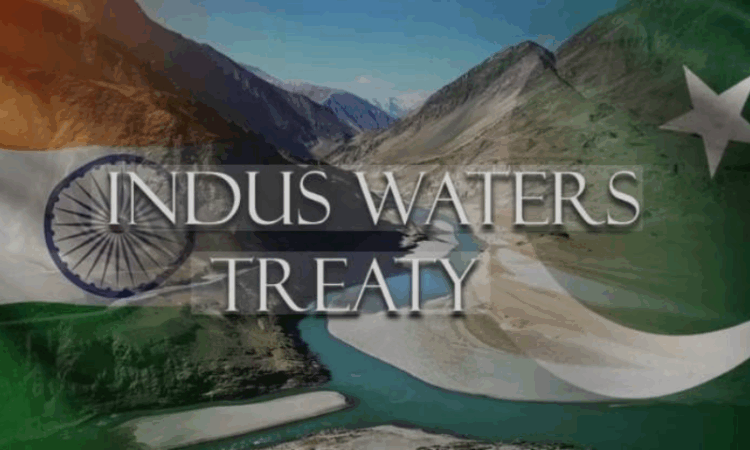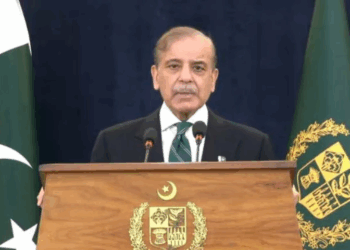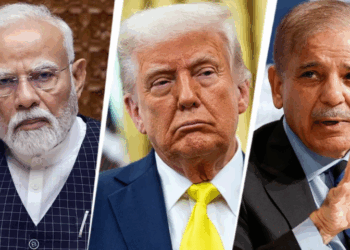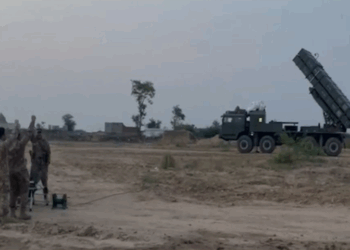Islamabad, May 2, 2025: The federal government of Pakistan has initiated a formal response to India’s unilateral suspension of the Indus Waters Treaty, a historic agreement governing the use of shared river waters between the two countries.
According to senior officials in the Indus Commission, emergency legal and constitutional consultations are underway, following New Delhi’s recent announcement to halt its participation in the treaty, citing alleged Pakistani involvement in the Pahalgam attack in Indian Illegally Occupied Jammu and Kashmir (IIOJK). India’s move marks an unprecedented deviation from the 1960 World Bank-brokered treaty, which has withstood several wars and decades of political tensions.
Pakistan’s Ministries of Foreign Affairs, Water Resources, and Law have already completed preliminary preparations to issue an official notice to India. “The notice will seek a formal explanation for the suspension and reaffirm Pakistan’s legal standing under the treaty,” an official source said. “We are also considering raising the issue at international forums to highlight India’s water aggression and breach of international obligations.”
Sources expressed hope that growing international scrutiny could compel India to reconsider its stance. Final decisions, including potential diplomatic escalations, will be subject to approval by the federal cabinet.
Reacting to the development, Pakistan People’s Party (PPP) Senator Sherry Rehman issued a forceful statement, relaying Chairman Bilawal Bhutto Zardari’s warning to New Delhi: “Do not miscalculate Pakistan’s resolve. Any aggression against our rivers will be met with a full response.”
“We are not proponents of war, but we are fully prepared to defend our rights,” she said. “An attack on our waters is an attack on our national sovereignty. Pakistan will go to every extent necessary to protect its river systems and ensure the security of its people.”
Senator Rehman underscored that the people of Pakistan are peace-loving, yet united in their determination to safeguard the country’s water lifelines against any external threats.







